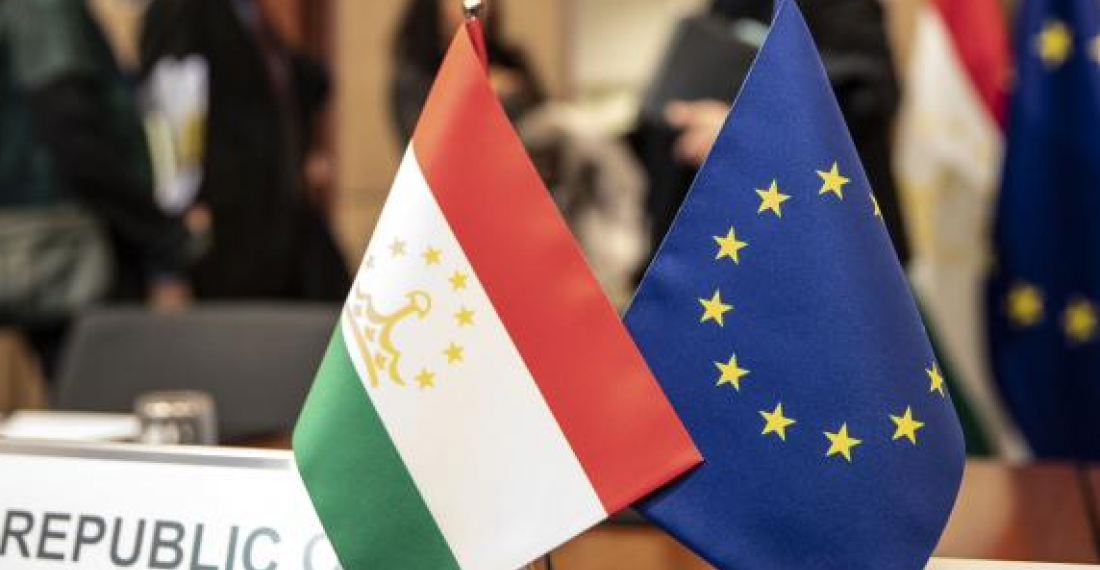The Council of the European Union on 8 December adopted guidelines for the European Commission and the High Representative for Foreign Affairs and Security Policy to negotiate, on behalf of the EU and its member states, a new Enhanced Partnership and Cooperation Agreement (EPCA) with Tajikistan.
Tajikistan is a landlocked country in Central Asia. It has an area of 143,100 km2 and an estimated population of 9,749,625 people. Its capital and largest city is Dushanbe. It is bordered by Afghanistan to the south, Uzbekistan to the west, Kyrgyzstan to the north, and China to the east. Like other Central Asian republics, Tajikistan is currently seeking to diversify its international relations, including by strengthening its relations with the European Union.
A statement posted on the website of the Council of the European Union said that the EU is determined to deepen its relations with the Central Asian countries, even more so in the current geopolitical environment. The negotiation of an Enhanced Partnership and Cooperation Agreement with Tajikistan will be a significant step forward in this regard. It will provide a platform for improved political cooperation, trade and investment between the EU and Tajikistan, incentivising and supporting reforms. Progress in these negotiations will also depend on tangible improvements in Tajikistan’s human rights situation, including with regard to the freedom of expression, media and assembly.
The new agreement will build on the Partnership and Cooperation Agreement in force since 2010 and will reflect the ambitions of the EU and Tajikistan to strengthen their bilateral relationship, in the spirit of the 2019 "EU’s Central Asia Strategy - promoting resilience, prosperity and regional cooperation, for the future development of the region."
The EU will negotiate an enhanced agreement that will support Tajikistan’s reform agenda. Closer and stronger bilateral ties must go hand in hand with adherence to common values of democracy, rule of law and respect for human rights and fundamental freedoms, as emphasised by the EU during the Human Rights Dialogue which took place on 7 December 2022 in Dushanbe.
The EU is committed to continue supporting Tajikistan’s sustainable development, contributing to security, modernization, and creating employment opportunities for the young generation. Water, energy, the green transition and human development will continue to be joint priorities in mutually beneficial cooperation between the EU and Tajikistan.







